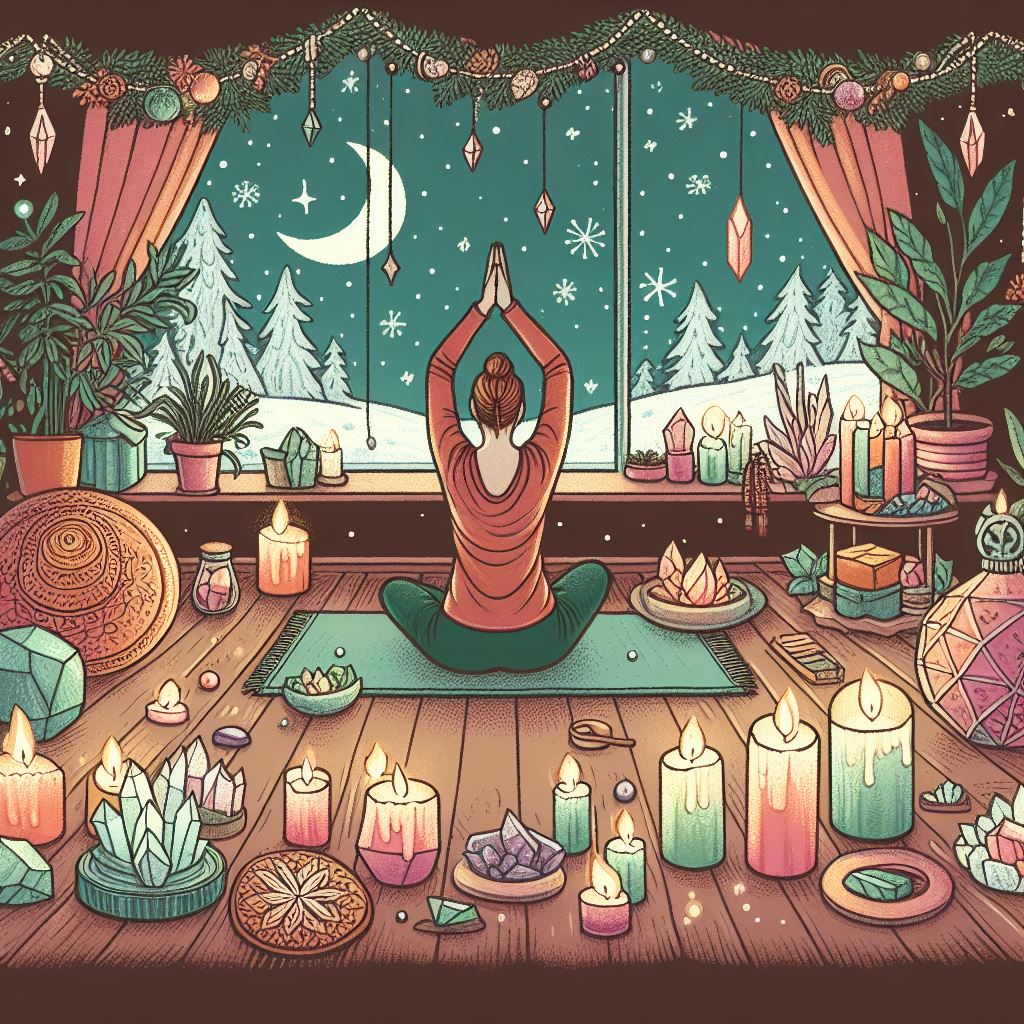Have you ever wondered why, despite the massive popularity of horoscopes and astrology, there’s still a fair share of eye-rolling at the mention of Mercury retrograde affecting your day? It’s a peculiar scenario where, on one hand, millions passionately follow their astrological predictions, and on the other, skeptics abound, mocking the very idea.
Outdated Narratives
Back in the day, astrology was as common in daily life as your morning coffee. Yet, as the Enlightenment rolled in with its big ideas of rationalism and empirical data, astrology was nudged off the science table. This shift wasn’t just a minor change in seating arrangements; it entrenched a long-lasting bias in our educational and scientific institutions against astrology, painting it as an outdated relic of the past.
I remember a professor of mine who would chuckle anytime someone mentioned astrology. This attitude, deeply ingrained, suggests that anything not measurable or observable in a lab seems unworthy of serious consideration.
In schools and universities across the globe, there’s an immense emphasis on empirical science as the backbone of legitimate knowledge. While this has undoubtedly propelled technological and medical advancements, it has also fostered a somewhat dismissive attitude towards non-empirical beliefs like astrology. The general vibe? If you can’t prove it under a microscope, it might as well be fake.
This bias is not just academic; it trickles down, influencing how society views anything steeped in tradition rather than data. Critics often overlook the symbolic and therapeutic roles astrology plays, reducing it to mere superstition without a real shot at defending its nuances.
Stereotyping and Misunderstanding of Astrology
Let’s talk stereotypes. Picture the “typical” astrology enthusiast: maybe you’re imagining someone overly mystical, perhaps a bit out of touch with reality? This caricature permeates media portrayals, where astrology is often showcased for laughs rather than a genuine exploration of its principles.
These simplified depictions do a disservice to the complex and nuanced ways in which many people interact with astrological practices. It’s not all vague predictions and fortune-telling; for many, it’s a profound journey into self-understanding and personal growth, aspects that are rarely highlighted when skeptics dismiss astrology as just another piece of pop culture fluff.
Cultural norms play a huge role in shaping our attitudes, including our openness (or lack thereof) to concepts like astrology. In a society that prizes rational thought and empirical evidence, stepping outside this norm can often mean facing ridicule or dismissal. It’s like showing up to a formal dinner in a Halloween costume—you’re bound to get some strange looks.
Social conditioning ensures that these norms are upheld, and anything that deviates is often mocked or marginalized. This creates an environment where admitting you check your horoscope might be met with laughter rather than acceptance.
Horoscopes as a Coping Mechanism
Horoscopes often get dismissed as just another way for people to escape reality. But let’s consider the bigger picture here. In a world brimming with uncertainties, who wouldn’t want a bit of insight into what the future might hold? I remember turning to my horoscope on particularly tough days, finding comfort in the idea that maybe the universe had some order, some plan I couldn’t yet see.
This isn’t about wishful thinking; it’s about seeking guidance in a sea of chaos. Critics often miss the point, equating astrology’s use as a coping mechanism with naivety. However, for many, these predictions offer a form of emotional and mental support, providing a framework to make sense of the challenges they face.
Astrology as a Challenge to Established Structures
Astrology often butts heads with established scientific and religious structures, which can perceive it as a direct threat to their authority. In the realms of rigid scientific method and strict doctrinal beliefs, astrology’s fluid, interpretative nature can seem like a rebel stirring trouble.
It’s not just about reading the stars but about challenging the status quo, about believing that there are forces at play beyond what textbooks and dogmas can explain. This inherent challenge to authority can make believers targets for ridicule. It’s easier for those in power to mock what they cannot control or fully understand, rather than acknowledging its value or the comfort it provides to many.
Despite the scoffs and eye rolls, astrology is experiencing a renaissance, especially among younger generations. Social media platforms are awash with memes, apps, and discussions centered around zodiac signs, making astrology more accessible and relatable than ever. I’ve seen firsthand how this resurgence is forming tight-knit communities that celebrate this ancient knowledge.
Far from being out of touch, this new wave of astrology enthusiasts is using the language of the stars to forge connections and understand themselves better in a modern world. As astrology becomes woven into the fabric of daily online interactions, dismissing it seems increasingly out of touch. Critics would do well to recognize that astrology’s staying power is a testament to its relevance and utility, not a reason for mockery.
















